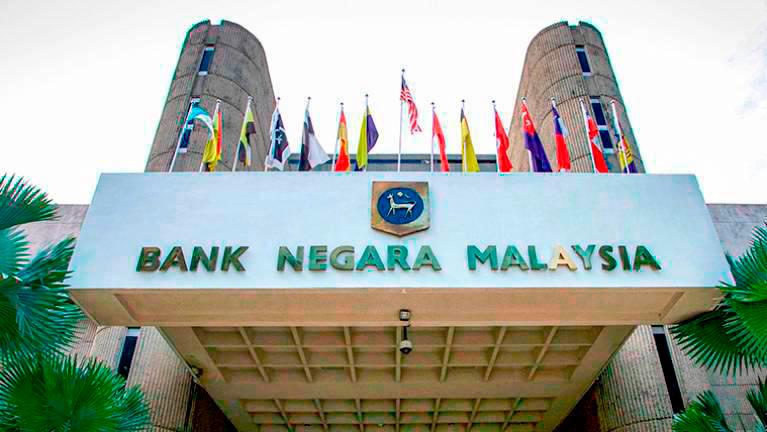PETALING JAYA: The Monetary Policy Committee (MPC) of Bank Negara Malaysia today decided to maintain the Overnight Policy Rate (OPR) at 3%.
Announcing this after its meeting, MPC gave an assurance that it will ensure that the monetary policy stance remains conducive to sustainable economic growth amid price stability.
In a statement, BNM said the MPC will remain vigilant to ongoing developments to inform on the assessment on the domestic inflation and growth trajectories going into 2025.
At the current OPR level, it added, the monetary policy stance remains supportive of the economy and is consistent with the current assessment of inflation and growth prospects.
On the Malaysian economy, BNM said the latest indicators point towards sustained strength in economic activity driven by resilient domestic expenditure and higher export activity.
The central bank said exports are expected to be supported by the global technology upcycle, continued strength in non-electrical and electronics products (E&E) goods, and higher tourist spending. Employment and wage growth, as well as policy measures, remain supportive of household spending.
The robust expansion in investment activity would be sustained by the progress of multiyear projects in both the private and public sectors, the higher realisation of approved investments, as well as the implementation of catalytic initiatives under the national master plans.
These investments, supported by higher capital imports, will raise exports and expand the productive capacity of the economy, BNM said, adding that Budget 2025 measures will provide additional support to growth.
“The growth outlook is subject to downside risks from lower-than-expected external demand and commodity production.”
It said upside risks to growth emanate mainly from greater spillover from the technology upcycle, more robust tourism activity and faster implementation of investment projects.
“Headline and core inflation remain modest, averaging 1.8% year-to-date. Going into 2025, inflation is expected to remain manageable, amid the easing global cost conditions and the absence of excessive domestic demand pressures,” said BNM.
Nevertheless, it added, the inflation outlook remains subject to the details of the implementation of announced domestic policy measures. Upside risk to inflation would be dependent on the extent of spillover effects of domestic policy measures, as well as global commodity prices and financial market developments.
BNM said the ringgit’s performance continues to be primarily driven by external factors. The outcome of the US elections could heighten volatility in the near term.
Looking ahead, the central bank said the narrowing interest rate differentials between Malaysia and the
advanced economies is positive for the ringgit.
“Malaysia’s favourable economic prospects and domestic structural reforms, complemented by ongoing initiatives to encourage flows, will continue to provide enduring support to the ringgit,” it added.
BNM highlighted that the global economy continues to expand amid resilient labour markets and continued recovery in trade.
Global economic growth is expected to be sustained by positive labour market conditions, moderating inflation and less restrictive monetary policies. Global trade recovery is expected to continue, supported by E&E and non-E&E products.
“The growth outlook remains subject to downside risks, mainly from further escalation of geopolitical tensions, heightened volatility in global financial markets, and slower growth momentum in major economies,” BNM said.









